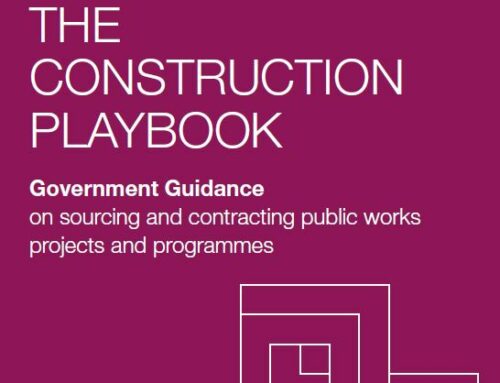The announcements on new vaccines have given hope to every business that in a few months we will have come through the worst of the pandemics’ damage to the economy. But the impact of Brexit that’s just a few weeks away will create more challenges for which unfortunately there is no vaccine available.
The pandemic has shown how the construction sector can adapt quickly when it needs to, but the challenge with Brexit is that we know change is coming but there’s still no clarity about what it will be.
The ‘oven-ready’ deal seems to have been left in the fridge. The Prime Minister says he’s prepared to walk away from a deal and key deadlines continue to come and go with no more indication of what the likely outcome is.
Without certainty, planning will only ever be a ‘best estimate’. Construction needs certainty, and soon.
More than 60% of materials imported by the UK construction industry comes from the EU. These products are not currently subject to any tariffs. If the UK reverts to World Trade Organisation (WTO) rules there will be tariffs along with border checks, which will increase costs and potentially cause delays as materials are held up at the border.
There are additional challenges in terms of product standards and quality assurance recognition. The new UKCA marking is due to be introduced in 2021 and will apply to most goods currently subject to CE marking. It can be used from January 2021 but CE marking can still be used for a twelve month transition period up to 1 January 2022. CE marking will only remain valid after that where UK and EU rules remain the same or if the EU changes its rules. The UKCA marking will not be recognised in the EU. This means potentially that manufacturers will have to pay twice for test certifications to meet the two schemes which would increase costs.
In a sector that relies heavily on immigrant labour, the loss of free movement will exacerbate the skills shortage that construction has endured for so long. Yes, it’s possible that skills training initiatives can eventually close the gap, but that will take time and in the meantime labour costs will be driven higher.
Whether there is a deal or not, the prediction is that the UK economy will suffer from the impact of Brexit, so we need to plan to soften the blow. The Government has invested millions creating information campaigns for businesses to prepare, but the answers are still vague because no one knows exactly what to prepare for. The uncertainty has become a greater risk than Brexit itself.






